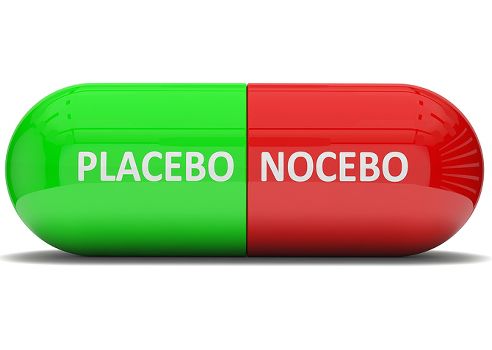Reading time: Less than 1 minute
Increase your vocabulary and you’ll make your writing much more precise. That’s why I provide a word of the week. Today’s word: nocebo…
I usually enjoy reading Seth Godin’s blog. I find it entertaining, interesting and frequently provocative. But it’s always written in plain English, so one thing I don’t usually expect is for Seth to teach me a new word. But he did it recently with the word nocebo. Here’s how he used it:
The letter to the co-op board sounds likely enough. The tenant is up in arms because air fresheners and other common household odors are seeping into the writer’s apartment, giving him severe migraines. What to do about this chemical onslaught? There’s no doubt that these odors are giving the letter writer a debilitating headache, but also little doubt that there isn’t a likely double-blind, testable, organic chemistry cause to the headache only in this setting. The migraine in this case, like many things that bother us, is caused by a nocebo.
Of course he was smart enough to define the word immediately. “A nocebo is a placebo that makes things worse,” he wrote.
A term used in medical and psychological research, a nocebo is a substance or treatment that appears to cause an adverse effect, such as feeling ill. The word is derived from the Latin nocēbō, “I shall harm” and was coined in 1961 to display its opposite meaning to placebo, from the Latin placēbō, which means “I shall please.”
This nocebo effect is relatively uncommon and poorly understood.

